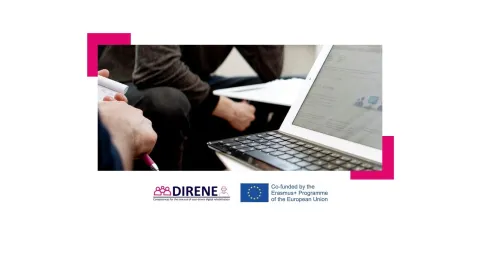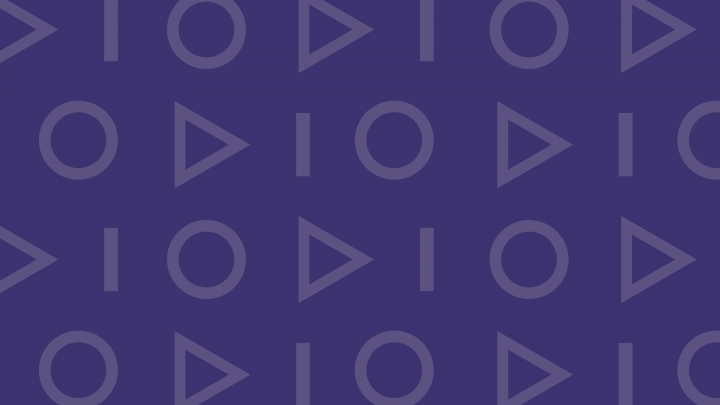After the ToT in Maputo, the five members of the STEM output team travelled to Rovaniemi, Finland. STEM stands for Science, Technology, Engineering and Mathematics, and the team aims to develop more inclusive teaching practices, particularly to encourage more girls to study STEM subjects. Their visit to the University of Lapland inspired the team to think of many new ideas, such as incorporating the STEM approach for preschool children as a strategy to encourage entry and enjoyment of STEM courses at later levels.
Next steps in 2024
In the final months of TIPOTE’s first year, 2024, teams of Key Expert will continue to travel to some of the neighboring countries to benchmark inclusive practices in sister universities.
Stay tuned for more news!





